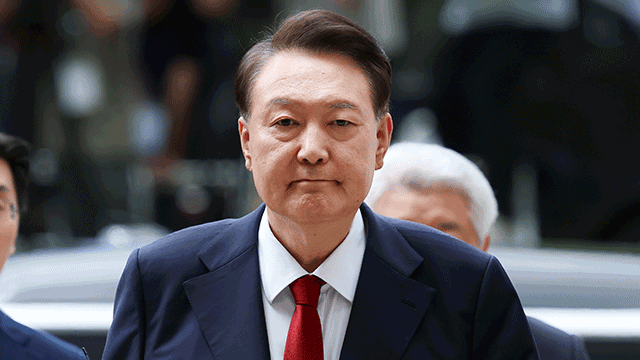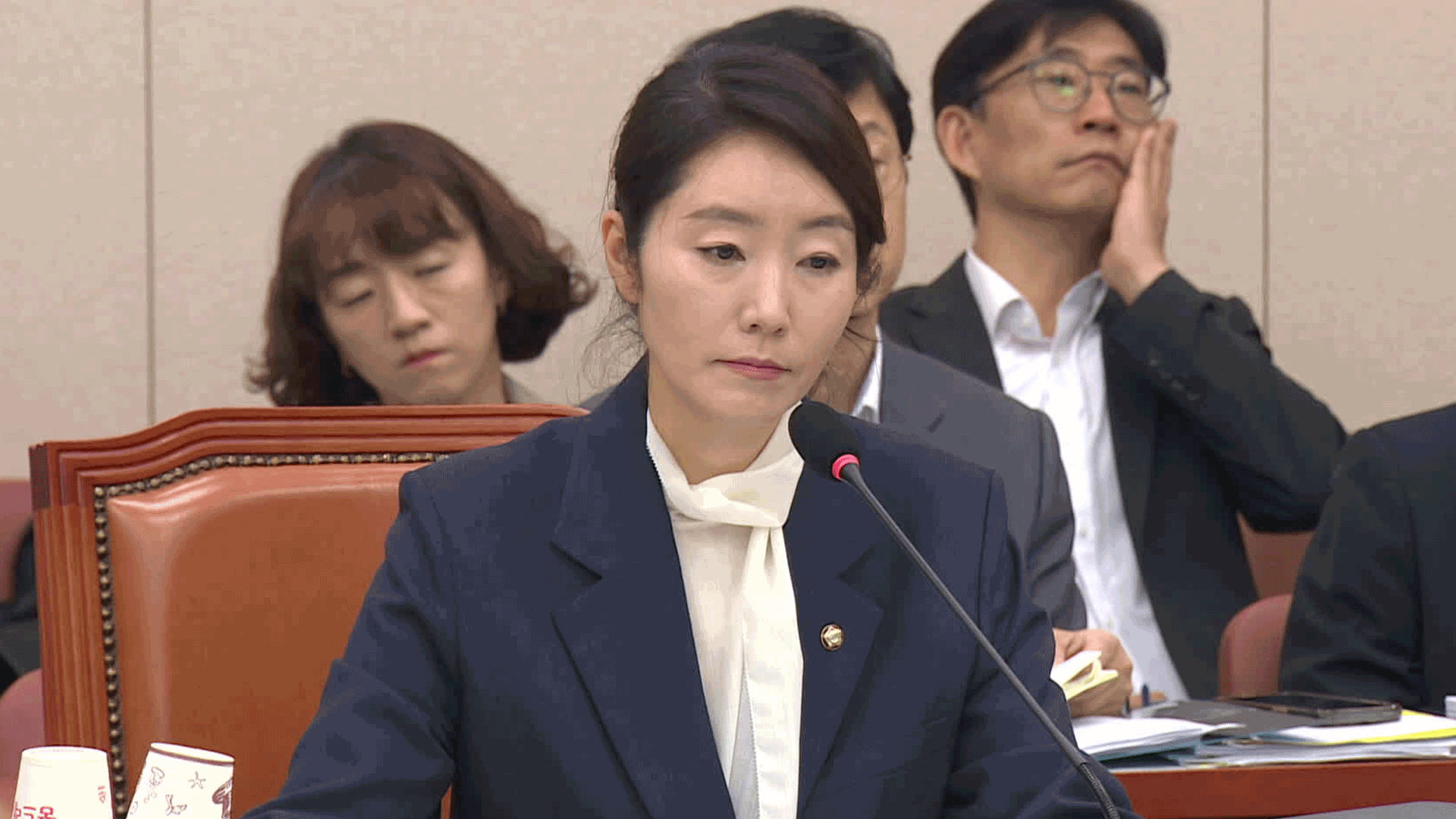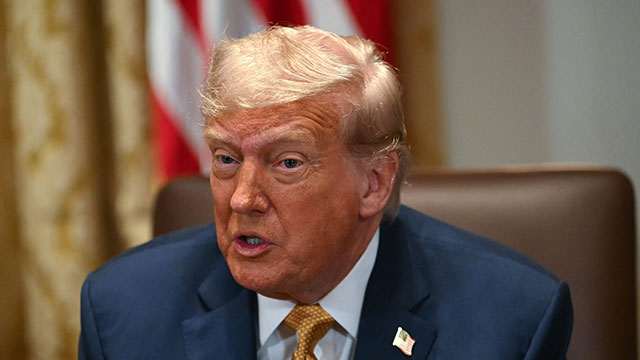Investors in 20s,30s petition for the postponement of virtual asset taxation
입력 2024.12.01 (00:41)
읽어주기 기능은 크롬기반의
브라우저에서만 사용하실 수 있습니다.
[Anchor]
The implementation of the law that imposes taxes on profits made from virtual assets is just a month away.
The younger generation in their 20s and 30s, which accounts for half of domestic virtual asset investors, is particularly sensitive to this issue.
Reporter Son Seo-young has examined the key points.
[Report]
A petition for the postponement of virtual asset taxation has been posted on the National Assembly's website.
It has garnered 50,000 signatures in just one day and is set to be reviewed by the standing committee.
With the law set to take effect on January 1st, imposing a 22% tax on profits from virtual asset investments after deducting a basic exemption of 2.5 million won, there is strong backlash from investors in their 20s and 30s.
[Jung Hyun-seok/Virtual Asset Investor: "The amount of 2.5 million won feels very low as an exemption. I do question whether it is actually possible to tax income that is difficult to trace."]
The government and the ruling party are leaning towards a two-year postponement.
They argue that the virtual asset taxation system is not yet established.
Unlike domestic virtual asset exchanges that report users' transaction histories, it is difficult to obtain transaction histories from overseas exchanges.
[Hwang Seok-jin/Professor at Dongguk University Graduate School of International Information Security: "If you trade virtual assets on overseas exchanges and then transfer those assets to a wallet on a domestic exchange for trading, there will be limitations in determining the actual taxable amount."]
There are also concerns about the unclear concept of virtual asset lending, which is included in the taxable items.
However, there is a counterargument that most major countries are imposing taxes despite similar limitations.
The Democratic Party's position is to raise the tax exemption threshold to 50 million won but implement the law as planned.
This could raise equity issues.
This is because, while the exemption limit for financial products like overseas stocks is 2.5 million won, virtual assets would receive more favorable treatment.
As a result, the tax exemption limit in South Korea could rise significantly compared to major countries.
While the taxation of virtual assets has been postponed twice and is still in limbo, the price of Bitcoin has risen to the point of approaching the $100,000 mark.
KBS News, Son Seo-young.
The implementation of the law that imposes taxes on profits made from virtual assets is just a month away.
The younger generation in their 20s and 30s, which accounts for half of domestic virtual asset investors, is particularly sensitive to this issue.
Reporter Son Seo-young has examined the key points.
[Report]
A petition for the postponement of virtual asset taxation has been posted on the National Assembly's website.
It has garnered 50,000 signatures in just one day and is set to be reviewed by the standing committee.
With the law set to take effect on January 1st, imposing a 22% tax on profits from virtual asset investments after deducting a basic exemption of 2.5 million won, there is strong backlash from investors in their 20s and 30s.
[Jung Hyun-seok/Virtual Asset Investor: "The amount of 2.5 million won feels very low as an exemption. I do question whether it is actually possible to tax income that is difficult to trace."]
The government and the ruling party are leaning towards a two-year postponement.
They argue that the virtual asset taxation system is not yet established.
Unlike domestic virtual asset exchanges that report users' transaction histories, it is difficult to obtain transaction histories from overseas exchanges.
[Hwang Seok-jin/Professor at Dongguk University Graduate School of International Information Security: "If you trade virtual assets on overseas exchanges and then transfer those assets to a wallet on a domestic exchange for trading, there will be limitations in determining the actual taxable amount."]
There are also concerns about the unclear concept of virtual asset lending, which is included in the taxable items.
However, there is a counterargument that most major countries are imposing taxes despite similar limitations.
The Democratic Party's position is to raise the tax exemption threshold to 50 million won but implement the law as planned.
This could raise equity issues.
This is because, while the exemption limit for financial products like overseas stocks is 2.5 million won, virtual assets would receive more favorable treatment.
As a result, the tax exemption limit in South Korea could rise significantly compared to major countries.
While the taxation of virtual assets has been postponed twice and is still in limbo, the price of Bitcoin has risen to the point of approaching the $100,000 mark.
KBS News, Son Seo-young.
■ 제보하기
▷ 카카오톡 : 'KBS제보' 검색, 채널 추가
▷ 전화 : 02-781-1234, 4444
▷ 이메일 : kbs1234@kbs.co.kr
▷ 유튜브, 네이버, 카카오에서도 KBS뉴스를 구독해주세요!
- Investors in 20s,30s petition for the postponement of virtual asset taxation
-
- 입력 2024-12-01 00:41:11

[Anchor]
The implementation of the law that imposes taxes on profits made from virtual assets is just a month away.
The younger generation in their 20s and 30s, which accounts for half of domestic virtual asset investors, is particularly sensitive to this issue.
Reporter Son Seo-young has examined the key points.
[Report]
A petition for the postponement of virtual asset taxation has been posted on the National Assembly's website.
It has garnered 50,000 signatures in just one day and is set to be reviewed by the standing committee.
With the law set to take effect on January 1st, imposing a 22% tax on profits from virtual asset investments after deducting a basic exemption of 2.5 million won, there is strong backlash from investors in their 20s and 30s.
[Jung Hyun-seok/Virtual Asset Investor: "The amount of 2.5 million won feels very low as an exemption. I do question whether it is actually possible to tax income that is difficult to trace."]
The government and the ruling party are leaning towards a two-year postponement.
They argue that the virtual asset taxation system is not yet established.
Unlike domestic virtual asset exchanges that report users' transaction histories, it is difficult to obtain transaction histories from overseas exchanges.
[Hwang Seok-jin/Professor at Dongguk University Graduate School of International Information Security: "If you trade virtual assets on overseas exchanges and then transfer those assets to a wallet on a domestic exchange for trading, there will be limitations in determining the actual taxable amount."]
There are also concerns about the unclear concept of virtual asset lending, which is included in the taxable items.
However, there is a counterargument that most major countries are imposing taxes despite similar limitations.
The Democratic Party's position is to raise the tax exemption threshold to 50 million won but implement the law as planned.
This could raise equity issues.
This is because, while the exemption limit for financial products like overseas stocks is 2.5 million won, virtual assets would receive more favorable treatment.
As a result, the tax exemption limit in South Korea could rise significantly compared to major countries.
While the taxation of virtual assets has been postponed twice and is still in limbo, the price of Bitcoin has risen to the point of approaching the $100,000 mark.
KBS News, Son Seo-young.
The implementation of the law that imposes taxes on profits made from virtual assets is just a month away.
The younger generation in their 20s and 30s, which accounts for half of domestic virtual asset investors, is particularly sensitive to this issue.
Reporter Son Seo-young has examined the key points.
[Report]
A petition for the postponement of virtual asset taxation has been posted on the National Assembly's website.
It has garnered 50,000 signatures in just one day and is set to be reviewed by the standing committee.
With the law set to take effect on January 1st, imposing a 22% tax on profits from virtual asset investments after deducting a basic exemption of 2.5 million won, there is strong backlash from investors in their 20s and 30s.
[Jung Hyun-seok/Virtual Asset Investor: "The amount of 2.5 million won feels very low as an exemption. I do question whether it is actually possible to tax income that is difficult to trace."]
The government and the ruling party are leaning towards a two-year postponement.
They argue that the virtual asset taxation system is not yet established.
Unlike domestic virtual asset exchanges that report users' transaction histories, it is difficult to obtain transaction histories from overseas exchanges.
[Hwang Seok-jin/Professor at Dongguk University Graduate School of International Information Security: "If you trade virtual assets on overseas exchanges and then transfer those assets to a wallet on a domestic exchange for trading, there will be limitations in determining the actual taxable amount."]
There are also concerns about the unclear concept of virtual asset lending, which is included in the taxable items.
However, there is a counterargument that most major countries are imposing taxes despite similar limitations.
The Democratic Party's position is to raise the tax exemption threshold to 50 million won but implement the law as planned.
This could raise equity issues.
This is because, while the exemption limit for financial products like overseas stocks is 2.5 million won, virtual assets would receive more favorable treatment.
As a result, the tax exemption limit in South Korea could rise significantly compared to major countries.
While the taxation of virtual assets has been postponed twice and is still in limbo, the price of Bitcoin has risen to the point of approaching the $100,000 mark.
KBS News, Son Seo-young.
-
-

손서영 기자 bellesy@kbs.co.kr
손서영 기자의 기사 모음
-
이 기사가 좋으셨다면
-
좋아요
0
-
응원해요
0
-
후속 원해요
0











![[단독] “윤석열·김용현 등 공모해 군사상 이익 해쳐”…외환죄 대신 일반이적죄 적용](/data/layer/904/2025/07/20250714_3VTJV3.jpg)



이 기사에 대한 의견을 남겨주세요.